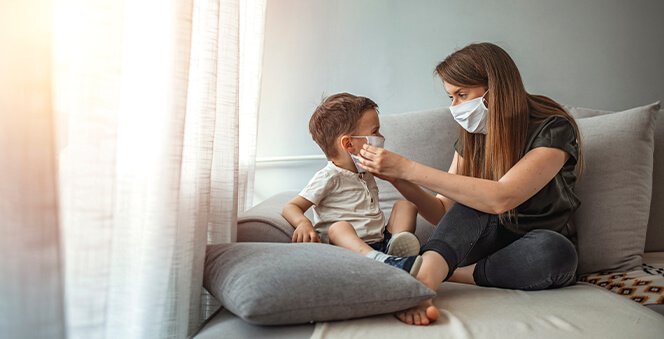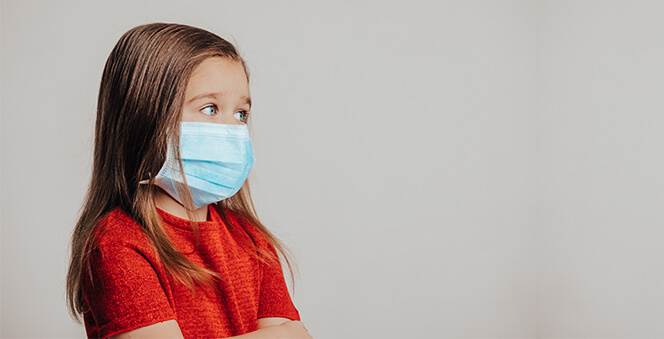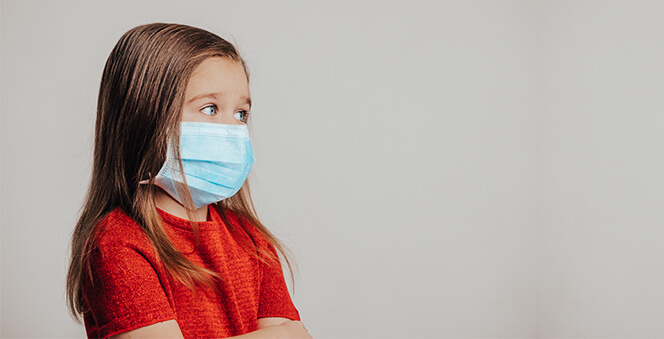At present, the whole world is worried due to coronavirus (COVID-19). The disease caused by the virus is really dangerous as it has taken more than 125,000 lives till now. But does it really dangerous for your kids? Yes, it is dangerous, but the good news is that, at present, the disease seems to be much milder in babies and children.
Currently, there is no vaccine available for the virus, so parents should behave very carefully and do everything they can to protect children from it. According to various reports throughout the world, most reported cases of coronavirus have been in adults and the elderly. The risk of serious illness in children is very low, which is really a piece of good news for many parents. Still, it is important to avoid infection among kids and help stop the virus from spreading.
ARE THE SYMPTOMS OF COVID-19 DISTINCT IN CHILDREN FROM ADULTS?

WHAT IF MY CHILD IS FEELING SICK? COULD IT BE CORONAVIRUS?

- To keeps your child away from further infected germs; keep your child safe at home. It will also prevent your child from spreading the sickness to others.
- Keep other family members and pets in the house away from the child as much as possible.
- Keep one person limited to take care of the sick child so others are not exposed.
- If your child can wear a face mask without finding it hard to breathe, have them wear one most of the time.
- If possible, do not use the same bathrooms; make the sick child use a different bathroom from others.
- Request everyone in the family to wash their hands well and often, or use alcohol-based hand sanitizer.
- Regularly, clean things that get touched a lot, things like- light switches, doorknobs, phones, remote controls, toys, and your child’s belongings.
- Allow your child to get plenty of sleep and drink lots of liquids.
- If taking care is not helping your child, you might need medical help now. If your child is still not recovering, and feeling a problem in breathing you should consult a doctor.

Children suffering from medical conditions like Asthma may have more severe symptoms from COVID-19. Still, there are no such warnings from the experts and doctors that children with asthma experience severe symptoms due to the coronavirus. But, you as a parent have to be careful enough to observe each and every symptom carefully and immediately discuss your doctor for the next steps and arrange appropriate evaluation as needed.
Epidemic diseases such as COVID-19 can disturb the surroundings in which children grow and develop. Disruptions to families, friendships, everyday routines, and society can have adverse effects on the well-being, development, and protection of your child. Moreover, initiatives used to prevent and monitor COVID-19 spread can expose children to the risk of infection. Home, hospital and zonal quarantine and exclusion interventions will all have a detrimental effect on children and their families.




